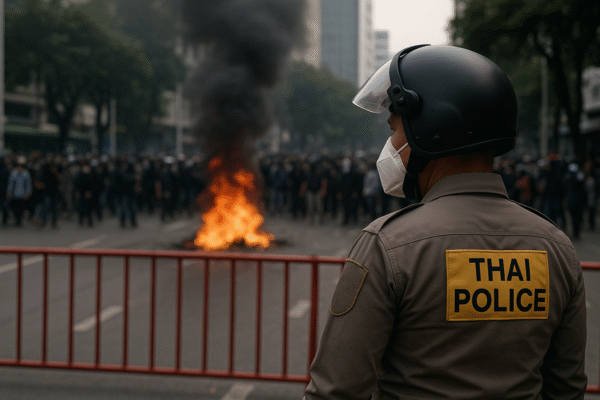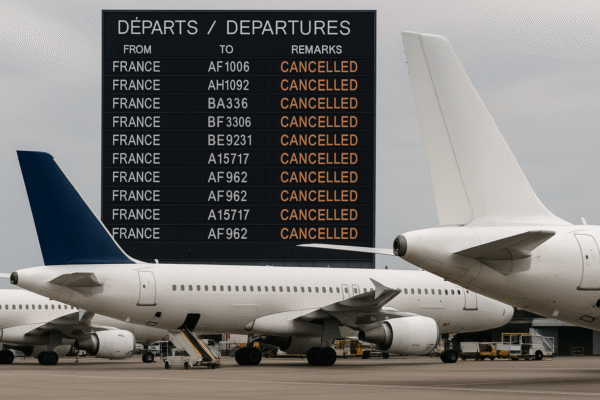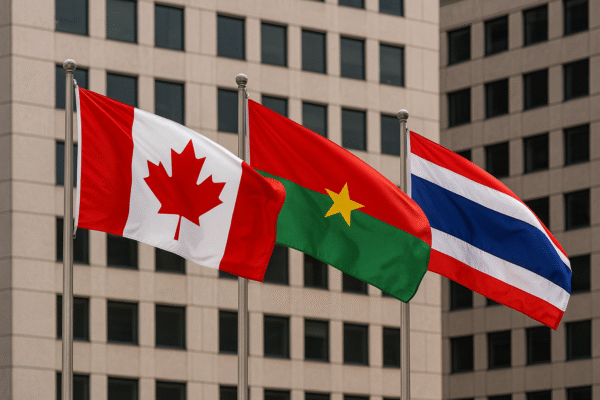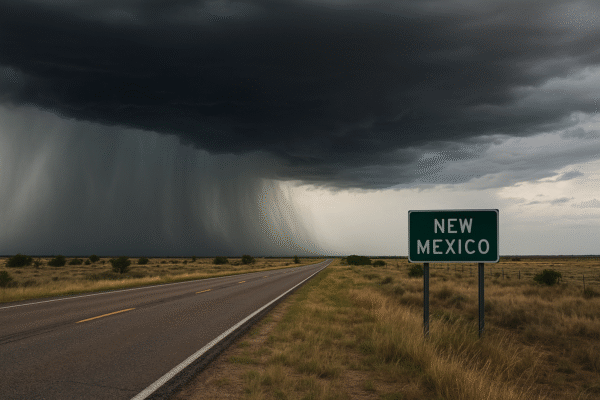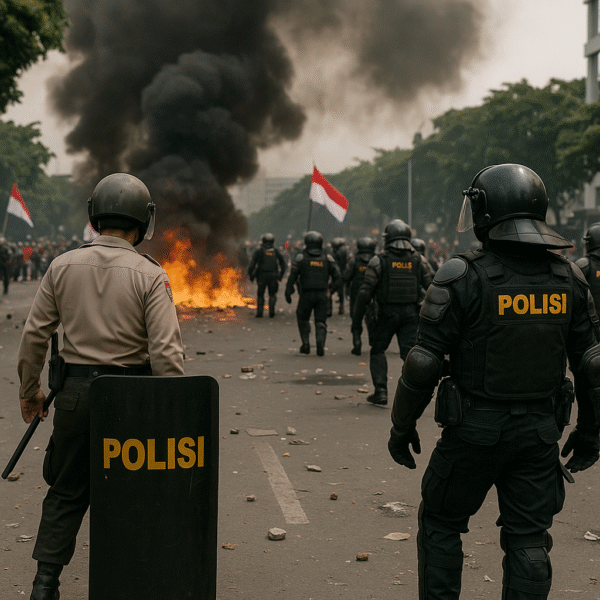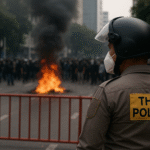Indonesia’s long-celebrated tourism sector—renowned for its pristine beaches, vibrant culture, and iconic destinations like Bali and Jakarta—is under duress. In late August 2025, widespread protests erupted across the nation, driven by public outrage over controversial legislative pay raises amid economic hardships. This unrest has prompted urgent travel warnings from Malaysia, Singapore, France, Japan, Australia, the United States, Canada, Germany, and others, raising global attention to safety concerns for visitors.
The Unrest That Sparked Global Alarm
The protests began as peaceful demonstrations opposing a pay hike for the House of Representatives but quickly escalated. The crisis deepened following the tragic death of an online motorcycle taxi driver, Affan Kurniawan, who was fatally struck by a Brimob vehicle on 28 August 2025. His death served as a tragic flashpoint, galvanizing activists and amplifying tensions, as protests fuelled across Jakarta, Bali, Yogyakarta, Surabaya, Makassar, and Bandung.
Authorities deployed security forces to restore order, yet some protests devolved into violent confrontations. In response, foreign governments began issuing travel advisories, urging their citizens to avoid protest zones, stay updated via local coverage, and follow official directions.
Travel Advisories from Concerned Nations
- Malaysia urged its citizens to defer non-essential travel and keep abreast of the situation through official updates.
- Singapore advised residents to steer clear of demonstrative areas, particularly in major tourist hubs like Bali and Jakarta.
- France cautioned its nationals to remain vigilant and heed local authority guidance in protest-prone areas.
- Japan stressed avoidance of the parliamentary district and urged swift departure if caught within protest sites.
- Australia raised the alert level to “exercise increased caution” over disruptions like road closures, especially in Denpasar and other affected cities.
- United States warned travelers about roadblocks near protest areas and encouraged registration with the Smart Traveler Enrollment Program for real-time alerts.
- Canada issued a heightened warning, suspending in-person consular services in Jakarta from 2 September 2025 due to security concerns.
- Germany advised its citizens to shun city centers and police stations, signaling widespread unrest in multiple urban regions.
Tourism Slows as Safety Takes Center Stage
These advisories have cast a shadow over Indonesia’s tourism vital to its economy. Flight schedules have been disrupted, attractions temporarily closed, and hotel reservations sharply reduced. Bali, while still drawing travelers, has seen plans revised due to traffic blockages and the threat of volatility.
With safety topping travelers’ priorities, international bookings have seen a steep decline—particularly from Australia, the United States, and neighbouring Malaysia. Further, the damage to Indonesia’s global image may persist, potentially affecting tourism well beyond the current crisis.
How Political Turbulence Shapes Travel Choices
Political instability has powerful ripple effects on tourism. When unrest leads to violence or mass disruption, tourists tend to pause or completely rethink their itineraries. As visitors reassess risk, even temporary unrest can diminish a region’s appeal—and the impact may linger, altering future perceptions and travel patterns.
Practical Recommendations for Prospective Travelers
- Stay informed — regularly monitor official embassy communications and local news.
- Avoid protest zones — known flashpoints include government buildings, police stations, and public squares.
- Enroll in travel alert services — such as STEP for U.S. citizens or equivalent platforms.
- Invest in comprehensive travel insurance — covering political unrest, cancellations, and medical needs.
- Maintain flexible plans — keep contacts updated, remain ready to shift routes, or defer travel if necessary.
Conclusion: Indonesia at a Crossroads
The recent protests reflect deeper socio-political tensions that now intersect with Indonesia’s tourism ambitions. With safety concerns escalating, visitor volume and confidence have taken a significant hit. Though Bali’s draw remains strong, destinations like Jakarta and Yogyakarta are bearing the brunt of disruption.
Indonesia’s ability to reassure international tourists in the weeks ahead will be pivotal. As demonstrations continue, the nation’s global tourism standing—and long-term visitor perceptions—hang in the balance.
For more travel news like this, keep reading Global Travel Wire




